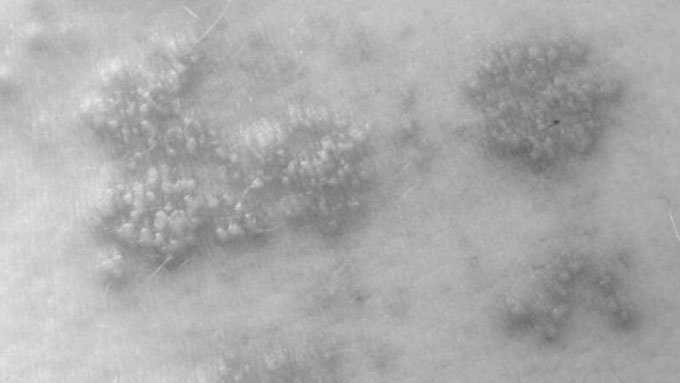Human papillomavirus (HPV) is the most common sexually transmitted virus and can be a contributing factor to various types of genital cancers.
On September 3rd, Dr. Le Thi Thu Nga from the Department of Comprehensive Oncology at Military Central Hospital 108 stated that HPV causes warts on the skin. HPV is transmitted from one person to another through contact with the infected area of the body. HPV can exist for many years without causing any symptoms.
HPV is divided into two main groups. The first group consists of low-risk HPV types, which cause warts (papillomas) on or around the genital and anal areas of both males and females. This type of HPV rarely leads to cancer, which is why it is referred to as low-risk virus. The second group includes high-risk HPV types, which can cause cancer, most commonly HPV types 16 and 18.
Cervical cancer is the most common cancer associated with HPV. Almost all cervical cancers are caused by HPV. Cervical cancer can be detected early and prevented through regular screening tests (PAP tests) and vaccination.
Most vaginal cancers and pre-cancerous vaginal lesions are also due to HPV. These pre-cancers are sometimes detected through PAP tests, which are used for cervical cancer screening.
HPV-related cancers of the mouth and throat are most prevalent in men. The disease can be detected early during routine examinations.
Additionally, HPV is linked to vulvar cancer, penile cancer, and anal cancer.

HPV-related papilloma lesions. (Photo: Provided by the doctor).
According to Dr. Nga, there is no sure way to prevent infection from all types of HPV, but there are measures you can take to reduce your risk of infection. For example, using condoms correctly every time you have sexual intercourse can help limit the spread of the HPV virus and other sexually transmitted infections. Being faithful to your partner also reduces the risk of exposure to genital viruses.
The HPV vaccine is available for both males and females and can prevent infection from certain types of HPV. For optimal effectiveness, vaccination is recommended for individuals aged 9 to 12. Teenagers and young adults aged 13 to 26 who have not received the vaccine or have not completed the dosage should get vaccinated as soon as possible. Vaccination against HPV is not recommended for individuals over 26 years old.


















































